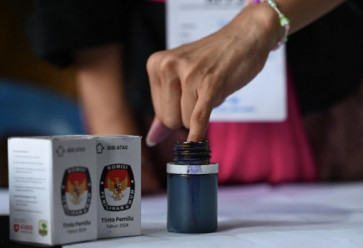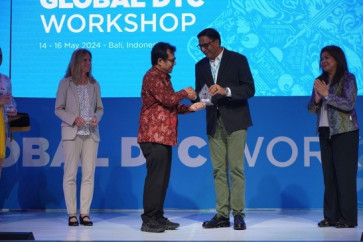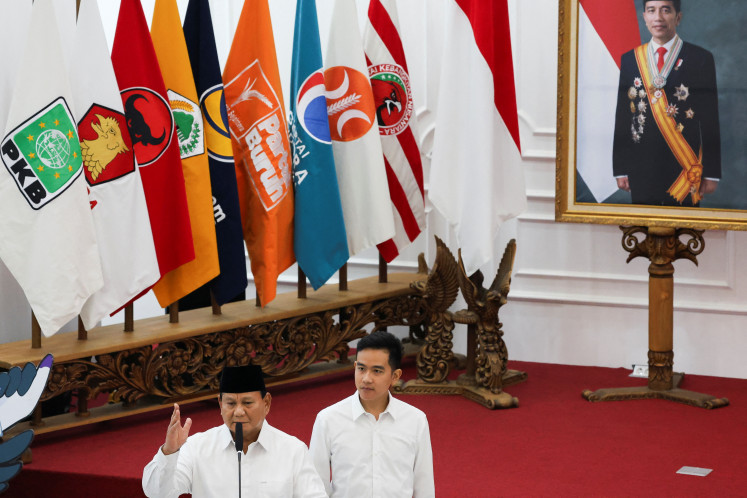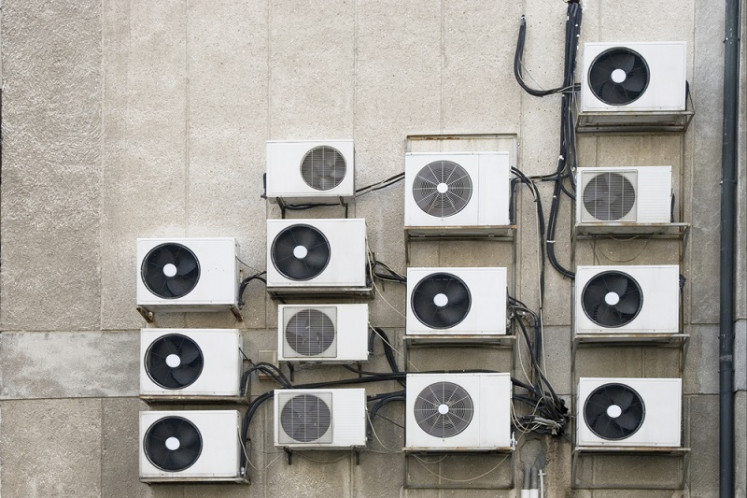Govt in hot water for using ‘buzzers’ to promote policies
Recent cases of cyberattacks include the hacking of University of Indonesia (UI) epidemiologist Pandu Riono, who was known for his criticism of the government’s handling of COVID-19, as well as attacks on news websites tempo.co and tirto.id.
Change Size
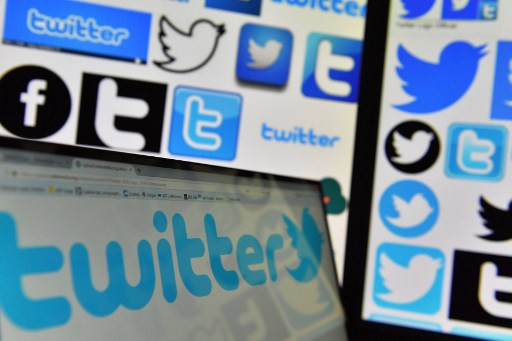
A
ctivists and political experts have raised concerns over the growing prominence of so-called social media buzzers hired to engage in campaigning government policies.
The issue drew public attention after a number of influencers with large social media followings began posting content supporting the controversial job creation bill by using the hashtag #IndonesiaButuhKerja (#IndonesiaNeedsJobs). Three of them — radio host Gofar Hilman and musicians Ardhito Pramono and Aditya Fadillah — later apologized for endorsing the bill.
Indonesian Anti-Slander Society (Mafindo) committee member Anita Wahid said the heavy use of influencers to sway public opinion on controversial government policies while also drowning out dissenting opinions was among the latest methods in silencing criticism against the government.
Other strategies include the use of automated accounts, also known as bots, to promote certain political issues, as well cyberattacks on anyone vocally critical of the government, she said.
Recent cases of cyberattacks include the hacking of University of Indonesia (UI) epidemiologist Pandu Riono, who was known for his criticism of the government’s handling of COVID-19, as well as attacks on news websites tempo.co and tirto.id.
“At times, these bots keep promoting specific opinions on social media, creating the illusion that the public fully supports them,” Anita said during a webinar on Friday.
She added that social media users might post different opinions on government policies, but their voices could be silenced by a deluge of posts by bots.
The widespread use of buzzers last year was among the causes of Indonesia’s declining score in the Freedom House’s 2019 Freedom on the Net index, which assessed internet freedom in 65 countries. Indonesia’s score slightly declined from 54 in 2018 edition of the report to 51 in a scale between 0 and 100, with 0 being the least free.
“Internet freedom in Indonesia declined due to restricted access to social media platforms and the use of content manipulation for political gain around the April 2019 general elections,” the United States think tank wrote on its website.
The latest score put Indonesia behind some of its regional peers, such as Philippines (66), Malaysia (57) and Singapore (56).
Indonesian Institute of Sciences (LIPI) Political Research Center head Firman Noor said the growing prominence of buzzers in the country’s digital sphere could erode the quality of its democracy.
“’Buzzers’ become a problem when it works for the government to silence public criticism. This is dangerous,” Firman told The Jakarta Post on Monday. “It could eventually reduce democracy [in Indonesia] to a formality, while in substance, the public is pressured to have no alternative views of the government even though democracy could accommodate such views.”
A political expert at the Office of the Presidential Staff (KSP), Donny Gahral Adian, said there needed to be a clear distinction between unidentified buzzers, who often used anonymous accounts that had no clear identity, and influencers with large social media followers and whose identities had been verified.
Donny said the government worked with influencers to raise awareness about some of its programs, but buzzers were independent actors with which the government had no relationship. He also reiterated that the use of influencers to disseminate government policies was not intended to “manipulate” public discourse.
He disagreed that influencers could streamline public opinion, as there was no single narrative that interpreted certain policies in the country.
“There will be people who disagree and respond to [influencers’ posts on social media]. It’s a normal phenomenon and proves that with democracy at work, there is no single narrative,” said Donny.
“When there are buzzers whose opinions are pro-government, there will be others who refute and criticize them and democracy gives room for that [exchange]. Social media is too big and too complex to be taken over by a few [buzzers].”

